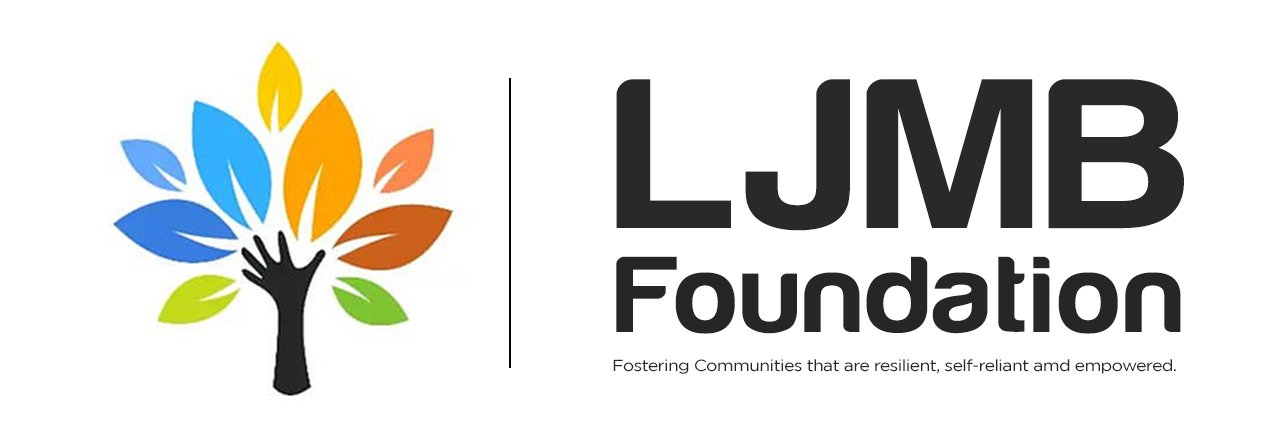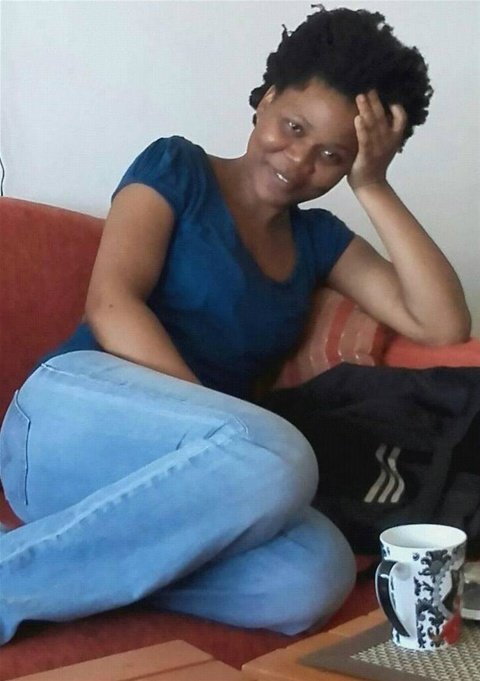This year, I had my Easter holiday’s lunch at my best friend’s house in Belgrade because both my son and husband were out of the city. It was the first time that I met her parents. As a black African, one of the most interesting things about me whenever I travel out of my home country to places where there are few black Africans (at least in terms of outward appearance) is my hair and skin colour. And that day, was no different.
It is normal in these kind of areas for people to stop me on the streets to touch my hair or to take a picture with me just because I am black. Unlike other people who feel offended with this, I have learned to embrace it as a sign of showing that we are beautiful, just the way we are. We are fascinating to others in the same way for example the white people are to us. I remember 10 years or so ago, a friend of mine from Denmark visited my family in Malawi and we went with her to our village. When we arrived at the village, lots of children surrounded her to touch her. They were curious just because she was white. They were following her everywhere. I didn’t expect something like that but I guess being the first time seeing a white person close by was overwhelming for them. Maybe it is this experience that has helped me not to feel offended whenever someone wants to touch my hair or take a picture with me because I am black. I only get irritated if that happens when I am in a hurry because I end up distancing myself which may look like I am being rude though not intentionally.
A few days later, my friend saw me in a different hairstyle (again) and she asked me to write about my hair on this blog. “Danka, with pleasure, am doing this.”
…black African natural hair…
It is difficult for most people who are not black Africans to define or should I say recognize our natural hair due to a number of reasons. More than once, I have been asked “is this your real hair?” At first, it sounds ridiculous for someone to ask you that question. But wait a minute people, how many times do we change our hairstyles? On average, nowadays I have at least 3 different hairstyles in a year. This is far too low from what I used to have 12 years ago before I embraced my natural hair.
Turning to an Afro hairstyle (which is basically my natural hair) was not an easy decision to make because I literally grew up with hair relaxers and hair straighteners. I remember my mother straightening my hair at the age of 5 – since I did my first grade in Zimbabwe where unlike in Malawian government primary schools, relaxing or straightening hair was allowed.
I have spent the majority of my life attempting to get that sleek look often found in white women by manipulating my hair with relaxing creams and straighteners and sometimes weaves or hair extensions. In my opinion straight and long hair is considered as the ultimate prize for black women. It is a sign of beauty, elegance and tidiness. That is why it is common for most people to call a big Afro unkempt. No wonder even my sister teases my Afro and calls it “mfutso” (dried vegetables). I need to thank my husband for boosting my self-confidence during my transition period from chemically relaxed hair to natural hair. He helped me to love myself just the way I am without the fake or chemically manipulated hair. Thank you…
Our hair is so versatile. It can be manipulated and styled in so many ways. We are blessed to have this kind of hair. I call our hair styling methods an art. You will agree with me that what can be done to our hair is limitless. Many hairstyles provoke ohs and ahs on the streets because they look complicated and at the same time unique and beautiful. That is something that has to be celebrated.
As much as I appreciate our hairstyles, I believe that rocking an Afro is still not yet fully embraced by many. Extensions and weaves (including braids) are currently at the forefront of the most sought after hairstyles for both women with relaxed or straightened hair and those with natural hair. I understand the need of these hairstyles apart from the beauty part of imitating a white girl’s long straight hair because our hair especially if you are like me is difficult to take care of. It has a lot of shrinkage after washing and takes time to dry, too coiled, easily breaks and difficult to comb/brush. It therefore makes sense to resort to other measures so as to solve all these problems.
With that said, my main concern is on our perception to rocking an Afro. I am talking about a real big Afro that has not been manipulated with heat, threading, etc. You will rarely find that kind of an Afro in workplaces because it is considered to be unkempt. But honestly how can you comb a hair like mine? It is this kind of thinking that in a way undermines who we are – our identity. We do not accept that disheveled hair is just part of us. Believe me that my disheveled hair is well accepted here than it is back home which is a shame.
…conclusion…
As seen above, human beings are difficult to satisfy. We are always trying to search for that little thing missing in our lives. We are rarely satisfied with what we have or who we are even though it is something that is part of our identity. We always think that the pasture is greener on the other side. Nevertheless, it is important to accept who we are. Neglecting or suppressing these physical appearances that have to do with our identity undermines our self-confidence. Something that cannot be tolerated if as black Africans we would like to be accepted for who we are not by standards put forward by others. First we need to love ourselves and demonstrate that we are comfortable just being us and the rest of the world will follow suit.
…yes my hair is kinky. And I am comfortable with my so called unkempt hair…
Note that the use of the term black African natural hair in this article does not imply that only black people from Africa have kinky hair. There are other black people all over the world who are black and with kinky hair but who are not Africans and I do recognize that.

